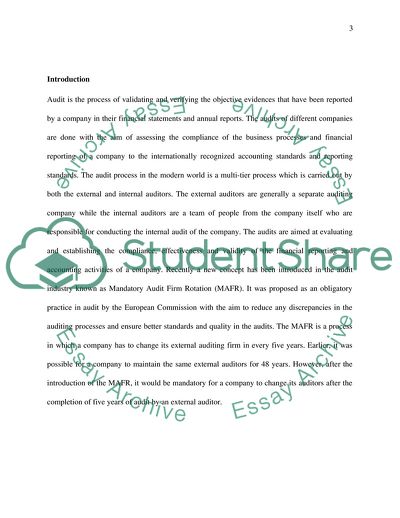Cite this document
(Audit Essay Example | Topics and Well Written Essays - 2250 words - 3, n.d.)
Audit Essay Example | Topics and Well Written Essays - 2250 words - 3. https://studentshare.org/finance-accounting/1835014-audit
Audit Essay Example | Topics and Well Written Essays - 2250 words - 3. https://studentshare.org/finance-accounting/1835014-audit
(Audit Essay Example | Topics and Well Written Essays - 2250 Words - 3)
Audit Essay Example | Topics and Well Written Essays - 2250 Words - 3. https://studentshare.org/finance-accounting/1835014-audit.
Audit Essay Example | Topics and Well Written Essays - 2250 Words - 3. https://studentshare.org/finance-accounting/1835014-audit.
“Audit Essay Example | Topics and Well Written Essays - 2250 Words - 3”. https://studentshare.org/finance-accounting/1835014-audit.


